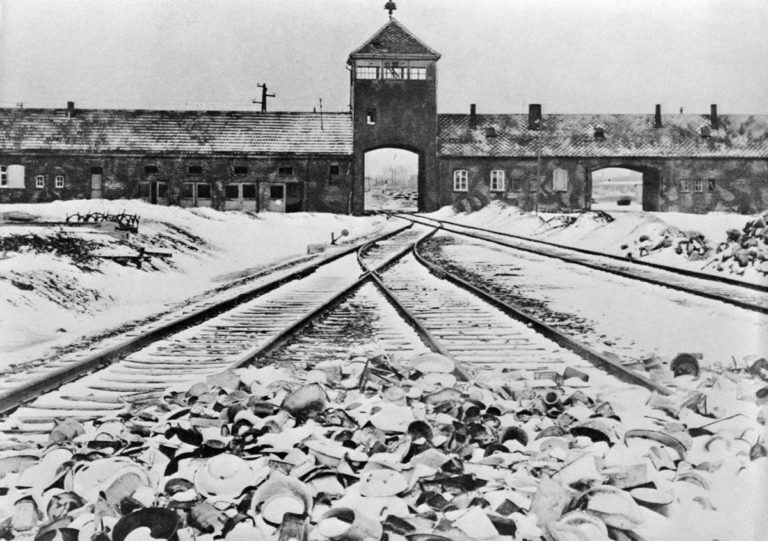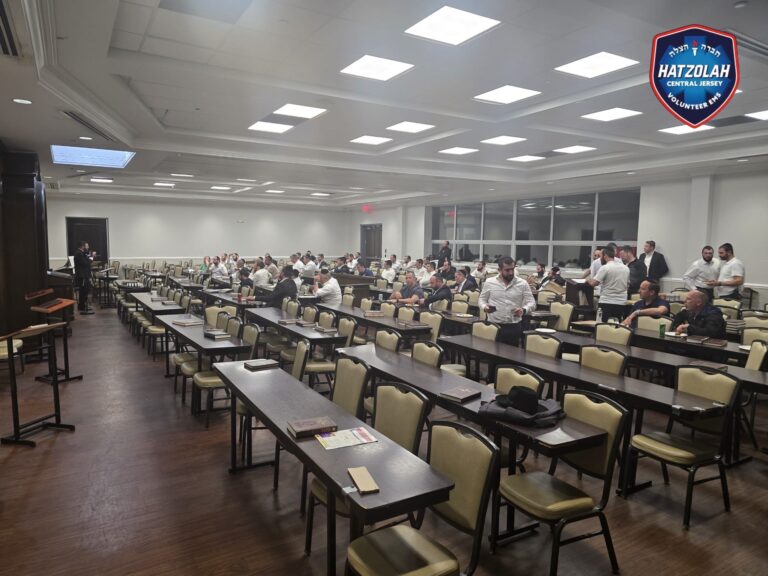A federal judge grew impatient Thursday and ordered the U.S. government to disclose within hours whether an American citizen accused of fighting with the Islamic State has asked for a lawyer or been advised of his constitutional rights.
The unidentified American, who has not been charged, surrendered to U.S.-backed fighters in Syria around Sept. 12. He has been detained in Iraq for more than two months as an unlawful enemy combatant, but has not been given access to a lawyer. The American Civil Liberties Union filed a petition seeking to provide him with legal representation.
The government argued that the ACLU was asking to represent and provide legal counsel to an individual it does not know, has never met and does not officially represent. U.S. District Judge Tanya Chutkan noted that it was the government that is refusing to disclose the individual’s identity and details about his detention.
The judge repeatedly asked Kathryn Wyer, an attorney in the Justice Department’s civil division, whether the detainee had asked for an attorney or had been advised of his constitutional rights.
Wyer said she did not have answers to those questions. She told the court that the U.S. military was working “diligently,” on the matter, but had not yet decided what to do with the detainee, who was visited by the International Committee of the Red Cross on Sept. 29 and Oct. 23.
Wyer cited case law stating the executive branch should be given a reasonable period of time to determine a detained individual’s status.
“Two and a half months?” the judge asked and then gave her until 5 p.m. to provide the answers.
The judge asked how long the government thought it should be able to hold someone without a lawyer. That kind of “unchecked power” is “quite frankly, frightening.” Chutkan said.
Jonathan Hafetz, a senior staff attorney with the American Civil Liberties Union in New York, said the Red Cross’ mission is not to obtain legal counsel for detainees it meets. Hafetz also said there is no indication that the detainee wants to or could contact relatives or whether they would be willing to risk reprisal by seeking a lawyer for him.
Hafetz said the detainee was in a legal “black hole.”
“This should send shivers through the spine of every American citizen about the awesome power the government is asking for here,” Hafetz said after the hearing. “This is the king locking up someone in the tower and not telling who they are and not allowing them access to the court.”
The government attorneys declined to comment after the hearing. It was unclear what plans they had for answering the judge’s questions.
(AP)











